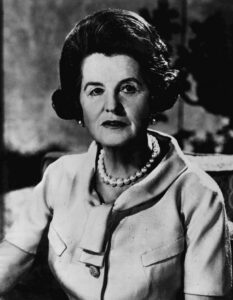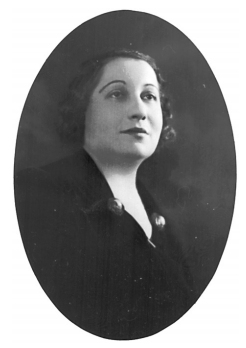By Sharon Oliver
Contributing Writer
BOSTON – In 1776, Abigail Adams wrote to her husband: “Remember the ladies and be more generous and favorable to them than your ancestors!”
Over a century later and after thousands of phenomenal women have left their mark, the people of Boston are doing just that. The Boston Women’s Heritage Trail is a series of walking tours that lead past sites of important women in history, many of whom are household names. These neighborhood tours include Back Bay (East), Back Bay (West), Beacon Hill, Charlestown, Chinatown/South Cove, Dorchester, Downtown, Jamaica Plain, Lower Roxbury, Roxbury, West Roxbury and South End.

Visiting history
Strolling down the cobbled and/or tree-lined streets is more than a mere exploration on a sunny afternoon. It’s a chance to visit history more vibrantly. For example, The Road to the Vote: The Boston Women’s Suffrage Trail was created to celebrate the 100th anniversary of the 19th Amendment (women’s right to vote), of which Boston’s suffragettes played a huge part in the adoption of the constitutional amendment. It honors women like Mary Kenney O’Sullivan, who wrote a circular which was distributed by the National American Woman Suffrage Association. It was called “Why Working Women Need the Vote,” arguing that if women had the right to vote they would get equal pay for equal work. She once lived on Tyler Street, a few blocks from modern-day South Station.
A walk on the North End tour is an opportunity to visit the restored Paul Revere House, where the famed folk hero’s second wife, Rachel, helped raise Revere’s six children from his first wife and bore another eight children. One notable figure from Beacon Hill is Dr. Rebecca Lee Crumpler, the first African American woman to receive a medical degree.
The Boston Women’s Memorial honors three women—Abigail Adams, Lucy Stone, and Phyllis Wheatley—whom millions of people everywhere have revered for centuries. Thanks to the Talking Statues app, visitors can hear recordings of words written by the three famous women. From there, you can take the Ladies Walk to see where the women lived and worked.
Other points of interest on this walk are the Old South Meeting House, where Phyllis Wheatley attended worship, and the Boston Public Library Bates Reading Room where busts of Lucy Stone and her daughter Alice Stone Blackwell sit together on top of the mantel.
Food as a theme
Another excursion worth noting is the Women Feeding Boston Tour, a thematic trail consisting of three sub-trails that can be toured online or in person by driving, renting a bike, or hopping on the T.
The Public Foodways Trail takes visitors through the history of public dining in Boston and how women have produced and prepared meals for residents of this area for centuries.
The Food Advocacy Trail focuses on the inequality of access to food in Boston. Working as advocates, women recognized on this sub-trail have provided food for those in need.
The Education Trail focuses on how these women introduced the significance of and the skills necessary to prepare food. They are featured in cookbooks, scholarly writings about food, and educational food and nutrition programs at institutions in Boston.
From household names to lesser-knowns
The Boston Women’s Heritage Trail highlights the work of women, from household names like Rose Kennedy (matriarch of the Kennedy family political dynasty) to less-known leaders like Julia O’Connor, a labor leader and head of the National Telephone Operators’ Department of the International Brotherhood of Electrical Workers (IBEW).

Another lesser-known name is Clementina Poto Langone, a civic leader from the North End neighborhood who is remembered for her service to the Italian-American community. During the Great Depression, she was dubbed as a “Good Samaritan” who distributed food and clothing to the poor and advocated for them politically. Langone was also a member of the Massachusetts Board of Immigration and Americanization and helped hundreds of Italian immigrants assimilate and obtain U.S. citizenship.

For more information about the Boston Women’s Heritage Trail, visit https://bwht.org.
RELATED CONTENT:












